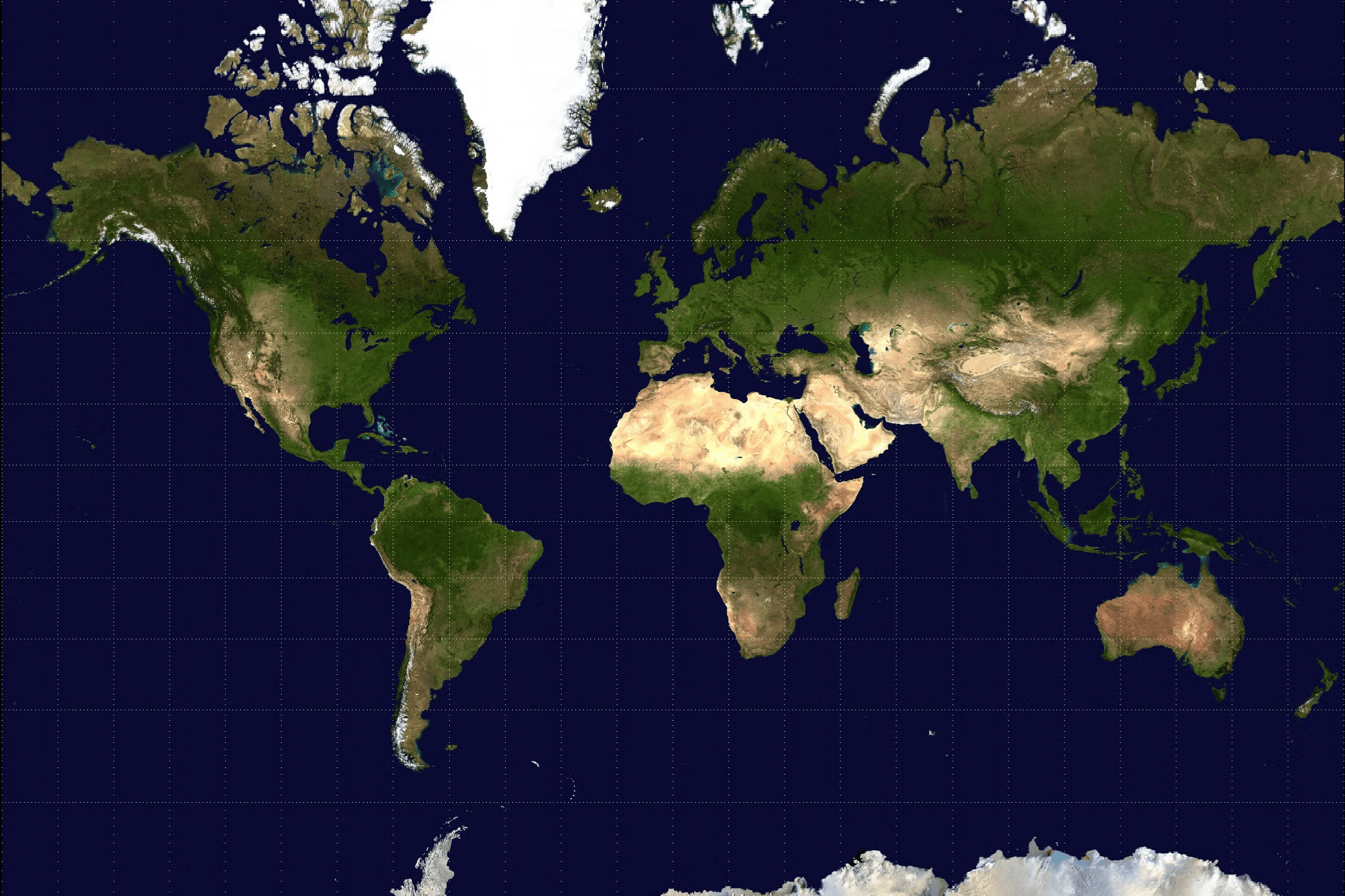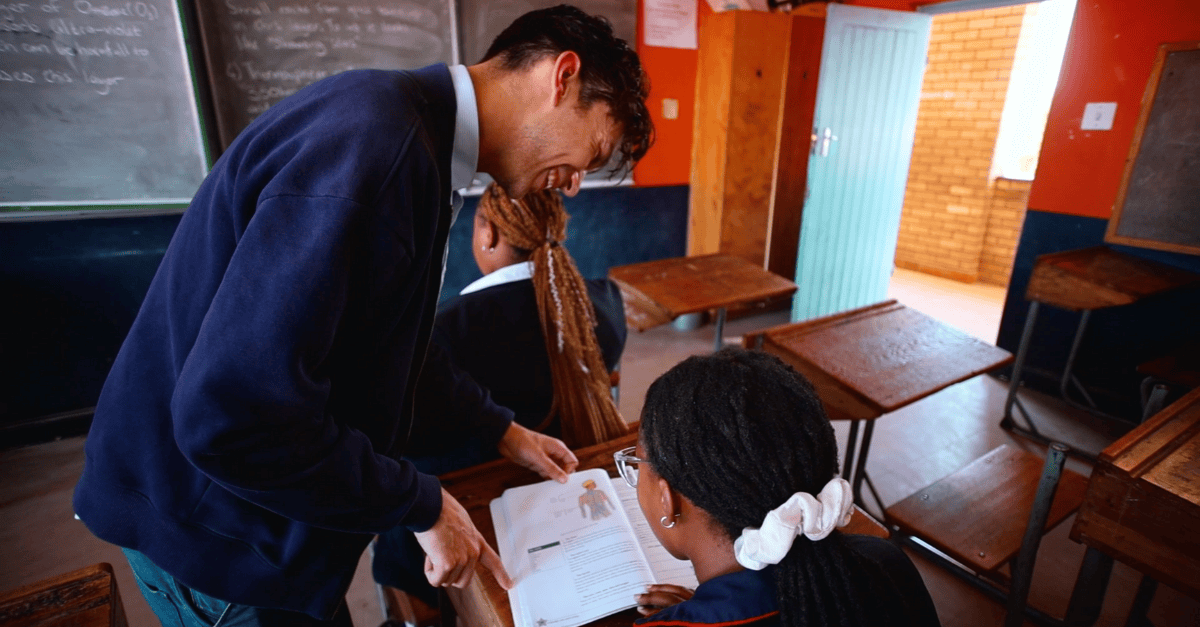The urgent need to strengthen early childhood development
.png)
The latest Thrive by Five Index should be a wake-up call for all of us. The numbers are stark: only 42% of four-year-olds enrolled in early learning programmes are developmentally on track. For children not enrolled in any programme at all, that figure drops to just 18%, with over half falling far behind.
This means that inequality has already taken hold before a child even walks into a Grade 1 classroom.
The disparities run deep. Children in low-fee early learning programmes (those charging less than R50 per month) are half as likely to be developmentally on track compared to their peers in higher-fee centres. When you layer on the physical challenges (around 7% of enrolled four-year-olds show moderate to severe stunting), you begin to see how multiple disadvantages compound, leaving some children months behind before they've even had a real chance.
There's also a significant gender gap emerging early: girls are outperforming boys in early learning outcomes (48% on track versus 37% for boys). Established so young, these patterns risk following children throughout their educational journey.
What strikes me most is that we're dealing with two interconnected challenges. First, we need to get more children into quality early learning programmes. The numbers show that nearly a third of South African four-year-olds aren't enrolled anywhere, with financial barriers cited as the main obstacle. Second, we need to ensure that once children are enrolled, they're actually getting what they need to thrive.
Perhaps most concerning is the gap between perception and reality. Caregivers often overestimate their children's developmental progress, which highlights an urgent need for more programmes, as well as greater awareness, guidance, and practical tools to help caregivers actively support growth at home. One example is Finding Thabo by The Reach Trust, a resource we’ve worked with at Injini that’s been designed, in part, to promote caregivers’ engagement with their children’s cognitive development. Through books and posters of interactive scenes, children are encouraged to “find Thabo,” much like Where’s Wally. This play-based activity is developed to stimulate key areas of the brain in children aged three to five, a critical window for foundational learning.
At Injini, these findings hit close to home because improving educational outcomes in Africa is precisely why we exist. We work on three fronts: supporting EdTech businesses to grow and scale for real impact, conducting and sharing research so the ecosystem has solid evidence on what actually works, and fostering collaboration through partnerships.
This is where there is opportunity alongside the challenge. We need to support innovations that can reach children and caregivers where traditional programmes struggle to go. Take Grow ECD's Giraffe App, for instance. Tools like this can support under-resourced early learning programmes by providing structured activities, developmental guidance, and interactive content that supplements what's happening in the classroom. In contexts where resources are stretched thin, thoughtfully designed technology, combined with strong partnerships and evidence-driven approaches, can help bridge critical gaps in access and quality.
But let's be clear: technology alone won't solve this. EdTech works best when it's part of a broader ecosystem that includes well-trained educators, informed caregivers, and supportive policy frameworks. That's why we back startups and innovators who really understand the local context and can create solutions that are practical, scalable, and culturally relevant.
And just as importantly, EdTech can only make a real difference when the foundations of learning are solid. Strong early literacy, numeracy, and developmental support are what allow technology to extend, strengthen, and scale impact. This is why it’s so critical for Injini to work alongside organisations and entrepreneurs focused on foundational learning. Together, these efforts ensure that once the basics are in place, technology can build on them to deepen outcomes and broaden reach.
The government's R10 billion commitment to early childhood development is encouraging. It indicates that there's recognition of how critical this stage is. But money alone won't change outcomes. These investments will only translate into real impact if the entire ecosystem works together: educators, policymakers, EdTech innovators, caregivers, and communities. We need focused efforts on workforce development, positive parenting support, and evidence-driven approaches to teaching and learning.
South Africa has a long way to go to ensure every child gets a fair start. But the Thrive by Five results, as sobering as they are, also remind us of what's possible. With the right mix of innovation, collaboration and strategic interventions, we can close these developmental gaps and equip children with the foundation they need to succeed in school and beyond.
Building strong literacy and numeracy skills from an early age is an investment in equality, opportunity, and the future of our country.
The challenges highlighted by these results aren't the responsibility of any single organisation. They belong to all of us who care about education and children's futures. At Injini, we know we're just one player in a much larger ecosystem, but we're committed to doing our part. Whether it's supporting EdTech solutions that reach children in under-resourced communities, sharing research and evidence, bringing people together for collaboration, or building partnerships that amplify impact, we're in this for the long haul.
These results are urgent, yes. But they also remind us of what becomes possible when an entire ecosystem rallies around a shared goal: giving every South African child the strong start they deserve.



.png)